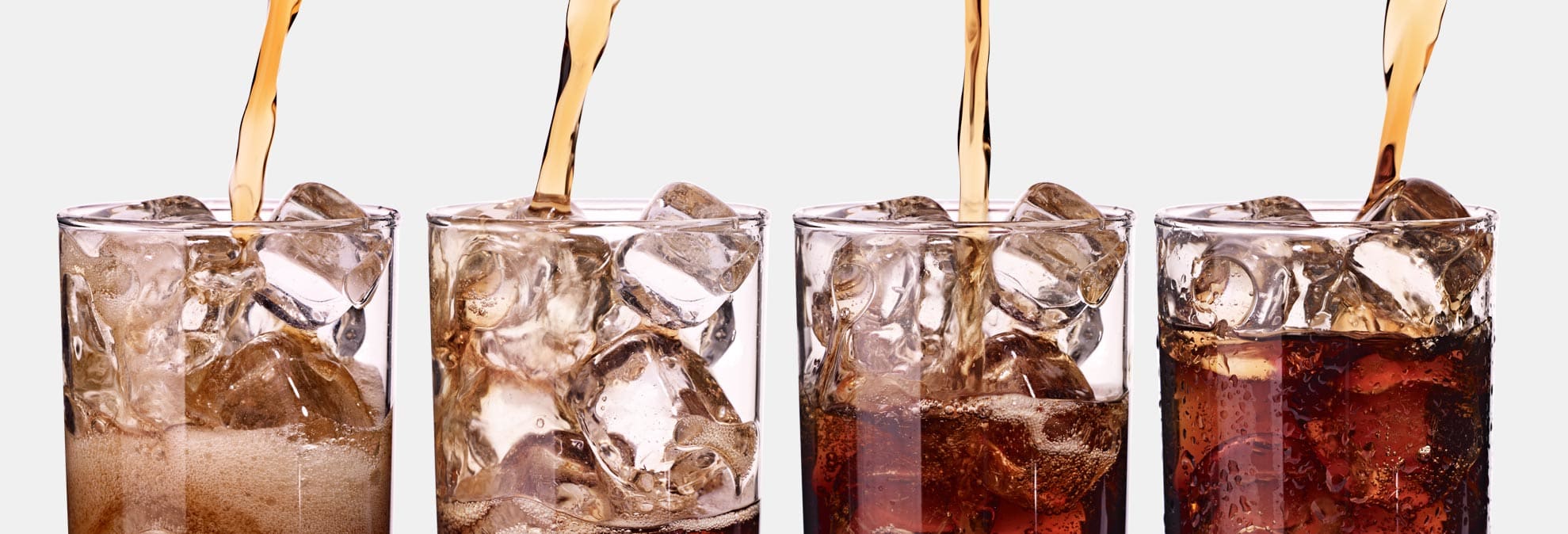Americans have been conditioned to believe that diet sodas are free of consequences.
I wish it was just that simple.
“Consumption of sugar-sweetened beverages has been increasingly associated with negative health outcomes such as being overweight, obesity, type 2 diabetes, and metabolic syndrome… Based largely on these associations, many researchers and healthcare practitioners have proposed that non-caloric, high-intensity sweeteners provide a beneficial alternative in foods and beverages.” – Susan Swithers
She goes on to elaborate in the 2013 study she authored that the Caloric and nutritional density of the food doesn’t translate to the energy absorbed by the body. I caution my patients that weight loss isn’t as simple as “Calories in” and “Calories out”. Consumption of artificially sweetened beverages can disrupt the fragile metabolic and sensory systems within our body. Frighteningly, this often leads to the over consumption of calorie-dense foods. As we can develop a decreased sensitivity to the sweetness of food, we physiologically believe we deserve more calorie-dense food since we drank calorie-free soda.
Multiple studies confirm the link between an increased BMI and increased risk of metabolic syndromes and type 2 diabetes and diet beverage consumption . Another study published in Diabetes Care, showed a dramatic 67% greater risk of developing Type 2 Diabetes and 36% greater risk of Metabolic Syndrome in those who consume diet beverages on a daily basis. Similarly, in a North Manhattan Study, those subjects who drank diet soda had a higher vulnerability to vascular events, such as a stroke. A result that was not even found in individuals drinking sugar sweetened beverages. And this is simply just looking at the effects soda consumption may have on weight or metabolism. Other studies show relationships to depression, COPD, weakened immune systems, and tooth decay.
Diet Soda simply carries different risks than Traditional Soda.
What should I drink instead?
- Kombucha: Carbonated beverage packed with Probiotics and antioxidants to promote a healthy gut and immune system
- Unsweetened Green, Black, or Herbal Tea
- Coffee
- Carbonated Water infused with fruit
- Water (Yes! Plain, old water)
- Stevia – Sweetened Beverage: Stevia is a natural zero-calorie sweetener that is “Generally Recognized as Safe” by the FDA
This article is contributed by Spencer Safty, River Bend Medical Associates’ Clinical Nutritionist.
Swithers, S. E. (2013). Artificial sweeteners produce the counterintuitive effect of inducing metabolic derangements. Trends in Endocrinology and Metabolism: TEM, 24(9), 431–441. https://doi.org/10.1016/j.tem.2013.05.005



